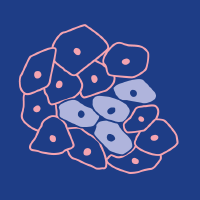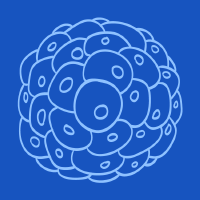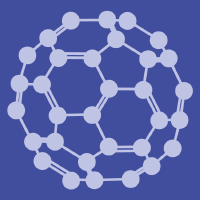Topic Menu
► Topic MenuTopic Editors


Innovative Radiation Therapies
Topic Information
Dear Colleagues,
With 9.6 million deaths in 2018, cancer is the second leading cause of death in the world (World Cancer Report, 2020). Each year, about 50% of all the people who have developed cancer are given radiation therapy at some point or another of their treatment. This non-invasive tool has become essential to treat tumors. Unfortunately, the conventional techniques currently used in clinic induce major side effects due to damage in healthy tissues. In addition, some tumors respond poorly to conventional treatments, in particular because of their radioresistance. Therefore, there is an urgent need for disruptions in technologies and protocols in the clinic to develop a precision medicine approach and personalized patient care.
This Topic is an initiative of the ambitious iNanoTheRad project of Université Paris-Saclay, which promotes innovative strategies based on irradiation by new sources (high-dose rates, high LET, spatially structured beams, plasmas) and the addition of tumor targeted nano-agents and drugs to improve the effects of radiotherapy. Strategies for treatment personalization based on artificial intelligence are also considered. This Topic is interdisciplinary and open to international experts and researchers in medical physics, radiation chemistry and physics, in numerical simulations and artificial intelligence, the development of radiation sources, radiobiology, nanoscience, nanomedicine, plasma medicine, radiotherapy, and oncology. It is intended to give visibility to important results and ideas concerning the formulation of the next generation of secured and personalized radiotherapy treatments from the lab bench to clinical applications.
Dr. Gérard Baldacchino
Prof. Dr. Eric Deutsch
Dr. Marie Dutreix
Prof. Dr. Sandrine Lacombe
Dr. Erika Porcel
Dr. Charlotte Robert
Dr. Emmanuelle Bourneuf
Dr. João Santos Sousa
Dr. Aurélien de la Lande
Topic Editors
Keywords
- cancer
- radiotherapy innovation
- new radiation sources
- new radiotherapy strategies
- radiosensitizing nanoparticles
- advanced strategies for radiotherapy
- external radiotherapy in clinic
- AI and imaging for radiation therapies
- new sources and associated dosimetry for radiotherapy
- new radiation therapies modalities
- nanoparticle-enhanced radiotherapies in diagnosis and treatment
- first principles simulations
Participating Journals
| Journal Name | Impact Factor | CiteScore | Launched Year | First Decision (median) | APC | |
|---|---|---|---|---|---|---|

Cancers
|
4.5 | 8.0 | 2009 | 17.4 Days | CHF 2900 | Submit |

Cells
|
5.1 | 9.9 | 2012 | 17 Days | CHF 2700 | Submit |

Journal of Clinical Medicine
|
3.0 | 5.7 | 2012 | 16 Days | CHF 2600 | Submit |

Radiation
|
- | - | 2021 | 24.6 Days | CHF 1000 | Submit |

Pharmaceutics
|
4.9 | 7.9 | 2009 | 15.5 Days | CHF 2900 | Submit |

Applied Sciences
|
2.5 | 5.3 | 2011 | 18.4 Days | CHF 2400 | Submit |

Nanomaterials
|
4.4 | 8.5 | 2010 | 14.1 Days | CHF 2400 | Submit |

Current Oncology
|
2.8 | 3.3 | 1994 | 19.8 Days | CHF 2200 | Submit |

Preprints.org is a multidisciplinary platform offering a preprint service designed to facilitate the early sharing of your research. It supports and empowers your research journey from the very beginning.
MDPI Topics is collaborating with Preprints.org and has established a direct connection between MDPI journals and the platform. Authors are encouraged to take advantage of this opportunity by posting their preprints at Preprints.org prior to publication:
- Share your research immediately: disseminate your ideas prior to publication and establish priority for your work.
- Safeguard your intellectual contribution: Protect your ideas with a time-stamped preprint that serves as proof of your research timeline.
- Boost visibility and impact: Increase the reach and influence of your research by making it accessible to a global audience.
- Gain early feedback: Receive valuable input and insights from peers before submitting to a journal.
- Ensure broad indexing: Web of Science (Preprint Citation Index), Google Scholar, Crossref, SHARE, PrePubMed, Scilit and Europe PMC.








